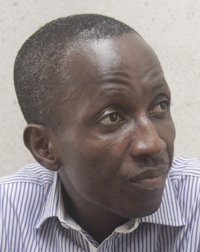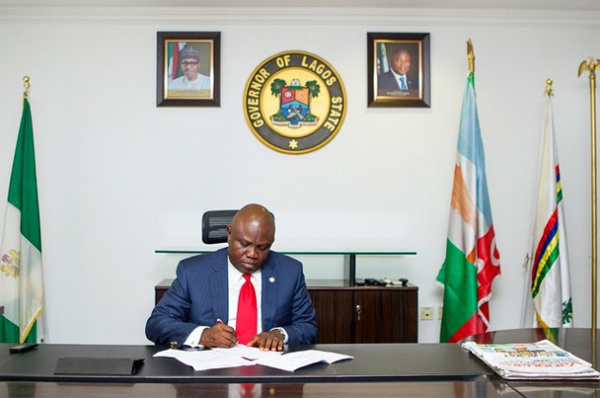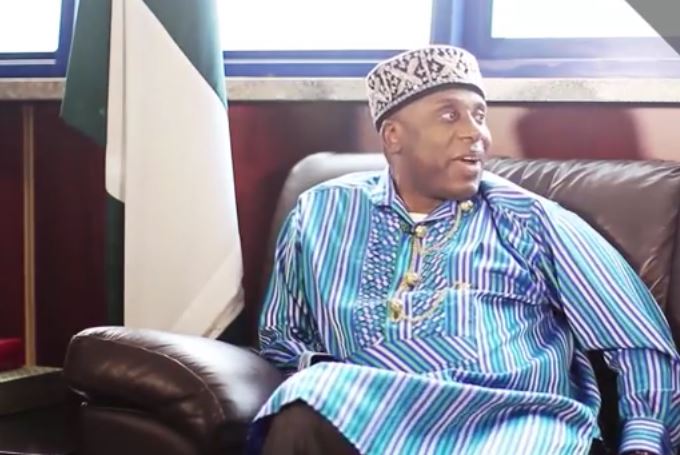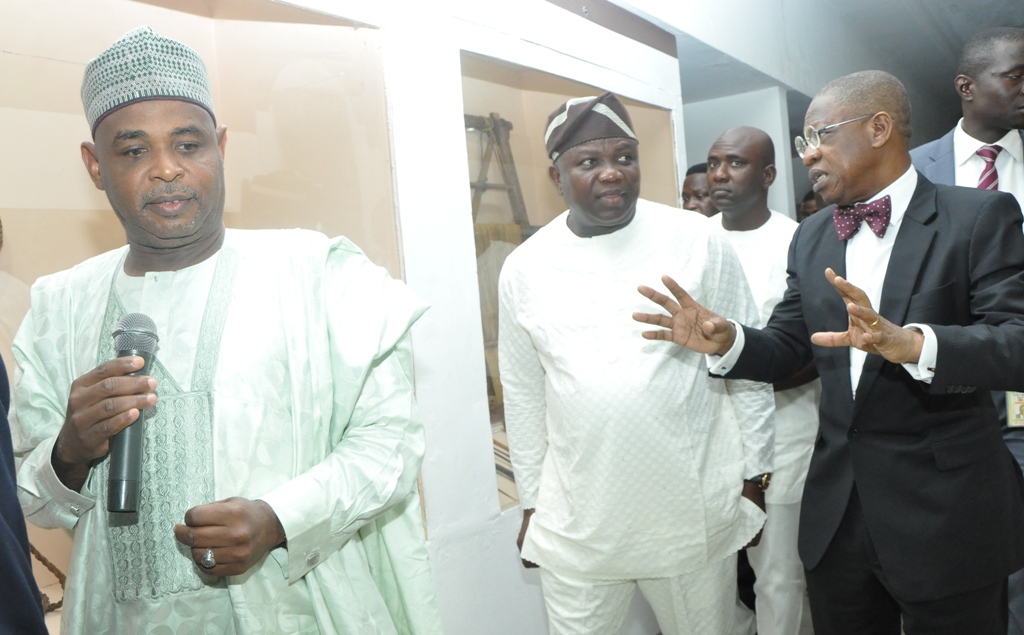A perfect definition of irony in the Nigerian context is when legislators break their recess to pass a bill. For the farce that passes for legislation in our part of the world, citizens should be wary of a hastily passed bill. When you then factor in the incestuous relationship between the executives and legislators in most states, the suspicion gets heightened.
Just last week, I mentioned in passing about the opacity surrounding the Lagos State budget not knowing that the state would be the focus this week. On February 20, the Lagos State House of Assembly broke its six weeks’ recess to pass a bill titled, “A Bill for a Law to consolidate all Laws relating to the Environment for the Management, Protection and Sustainable Development of the Environment in Lagos State and for Connected Purposes.’ Forget the long winding title, the bill harmonises eight environmental laws in the State to one and two issues the bill seeks to address are major for this column. The first concerns waste disposal in Lagos which feelers from the state government indicate that it is planning to contract it to foreign managers and privatization of water supply.
Funnily, the assembly took the first and second reading of the bill in one week and also its committee on environment held a public hearing where some activists picked holes in the bill but their voices were drowned in the cacophony of deafening government voices. Pronto, after it was passed, the assembly went on recess again. Mudashiru Obasa, the speaker, directed the Clerk to send a clean copy to Governor Akinwunmi Ambode for assent. But the governor should have a rethink and refuse to sign the bill into law as it seeks to mortgage the future of Lagos State. The bill is divided into 10 parts: administration, integrated pollution control, solid waste management, statutory nuisance and litters, wastewater management, flood and erosion control, conservation and ecology management, citizen participation, establishment of environmental sanitation corps, general enforcement power and establishment of law enforcement institute.
Part of the bill criminalizes sinking of boreholes and imposes fines and sets prison terms for any Lagos citizen that sells or transports water, among others. Truly, we should all be concerned about the indiscriminate way we sink boreholes in Lagos but the right question is, what alternative do we have for the residents? As a Lagos resident since 1993 that had lived in five different areas from Egbeda to Mushin to Ilasamaja among others, I’ve never lived in a house with public water supply. Naturally, boreholes and wells supply a large proportion of the water residents use, why denying us this source without ensuring that access to public water is guaranteed before criminalization? A group comprising Environmental Rights Action/Friends of the Earth Nigeria (ERA/FoEN), Amalgamated Union of Public Corporations, Civil Service, Technical and Recreational Services Employees (AUPCTRE) and African Women Water Sanitation and Hygiene Network among others is campaigning against this proposed law.
Advertisement
Let’s consider some figures in this year’s budget of Lagos State: total recurrent expenditure is N305. 2 billion, of which N30.07 billion is for debt charges; this is important as part of the bill guarantees payment for contractual services and concessions with an irrevocable service payment order as the first line charge on the state’s internally generated revenue. This indicates that private corporations will be involved in provision of essential services for residents of the State. Overheads in the budget are projected at N170.39billion and personnel cost will gulp N104.7billion while capital expenditure is N436.26billion. Our state expects total revenue of N642.84billion of internally generated revenue and federal transfers. As far back as 2014, the state government had constructed some waste transfer loading stations “where thousands of tonnes of waste would be processed” as the government claimed then, what happened to those stations that we now require “foreign experts” to manage our waste.
Another reason why the governor should withhold his assent is the blatant contravention of Schedule 4 of our Constitution as seen in parts of the bill. That part speaks about the functions of a local government council and with the array of lawyers at the state’s justice ministry, Ambode will surely get sound legal advice. Possibly it’s the blurring of lines between the state government and local councils that confused our legislators that they thought usurping local councils functions is no big deal. Wonderfully enough, the state’s electoral commission is planning to hold local government elections this year, maybe, just maybe, that would give a new lease of life to the councils.
The bill itself is secondary to the optics of Lagos State seeking to increase the burden of the state residents. With a planned increase of BRT bus fares and all manners of sundry taxes, why making life more difficult for people whose comfort should be paramount? Is it also true that a certain person’s business empire expansion is the raison d’état behind this bill?
Advertisement
Views expressed by contributors are strictly personal and not of TheCable.
Add a comment







